Bangladesh’s engagement with Qatar, an oil-rich country in the middle-east, will increase at various tiers as both countries are celebrating 50th years of diplomatic relations this year, said diplomats, business leaders and policy makers.
Since the establishment manpower export to Qatar back in 1976, Bangladesh exported a total of 970,981 workers to the oil-rich country during 1976—2024 (until November 2024), according to the data of Bureau of Manpower, Employment and Training (BMET)
Bangladesh Ambassador to the State of Qatar Mohammed Nazrul Islam while talking to this correspondent said Bangladesh’s multilateral engagement with Qatar is very important as the high-rich Gulf country seeks in bringing the Dhaka- Doha relations to a new height. Both countries are celebrating their 50th years of diplomatic relations this year as Bangladesh and Qatar have been maintaining exemplary bilateral relations since the establishment of diplomatic relations in 1974, said Mohammed Nazrul Islam.
He expected that the coming period would witness the revitalization of tourism and the exchange of cultural delegations to enjoy the cultural treasures of the two countries on the occasion of the 50th anniversary of the establishment of diplomatic relations between them while achieving more cooperation at the trade and investment levels.
The manpower export to Qatar during the January-November period of the current calendar year stood at 68,530 (7.56 per cent of total manpower export )
He added that the relations have been strengthened further based on commonness between the two countries, regular bilateral visits, increase of manpower export, and common position on regional and international issues.
Praising the contribution of expat Bangladeshis to the economies of both Qatar and Bangladesh, Mohammed Nazrul Islam said Qatar now employes 350,000 workers in different sectors and will increase engagement with Bangladesh workers in the coming days.
Qatar is an important source of remittance as expat Bangladeshis living in Qatar send home 1280.18 million US dollars (6.00 per cent of total remittance) in 2023 calendar year, according to the data of Bangladesh Bank (BB)
Bangladesh’s export to Qatar stood at 11 million US dollars (11421527.5 US dollars) during the July-June period of the 2023-24 fiscal year. Bangladesh’s export to Qatar stood at 30 million US dollars (30630534.01) during July-June period of the 2023-24 fiscal year.
As Bangladesh is highly dependent on external energy, Qatar exported goods (primarily energy) worth 2366.5 million US dollars to Bangladesh in 2022-23 fiscal year and 2080.0 million US dollars in 2023-24 fiscal year….
Noting the partnership between the two countries in the fields of energy and manpower, Ambassador of Bangladesh to Qatar Mohammed Nazrul Islam addressed the trade cooperation between the two countries and future opportunities to develop trade exchanges and further expand Bangladesh's exports to Qatar, especially non-traditional products.
The Bangladesh diplomat also pointed out that the State of Qatar can further extend their engagement in the energy sector by investing in the storage and distribution of LNG. Qatar can also invest in the infrastructure and real estate sector.
He pointed out that a number of Bangladeshi businesspersons have already invested in different businesses in Qatar, and want to expand more in the future. He noted that one important sector of Bangladeshi investment in Qatar could be agriculture, which promotes mutual investment.
He praised the political and economic role of the State of Qatar in the world and its approach to modernization and development while preserving traditions. He said that Qatar is a unique country considering status, resources, and the amount of influence it has in the world. The way Qatar advanced in the way of modernization and development keeping its social, cultural and religious traditions intact is truly exemplary.
He praised the vision of the wise leadership in making developmental transformations in the State of Qatar, which enhanced the well-being of citizens as well as residents of the country who receive care and attention.
"Meanwhile, Qatar has emerged as an honest broker in international relations. I will say that Qatar has earned it through its goodwill and sincere efforts. As a result, Qatar has very good relations not only with all other countries but also enjoys a respectable position at all international organizations," he added.
Ambassador of Bangladesh Nazrul Islam praised the strong commitment of the State of Qatar to preserving its ancient religious traditions and strengthening its connection with the Islamic nation. "The State of Qatar has a very balanced foreign policy based on its principled position which has secured respect and recognition from all countries," he added.
Meanwhile, Chief Adviser’s High Representative for Rohingya Issues and Priority Affairs Dr Khalilur Rahman has urged Qatar to extend robust support in facilitating the repatriation of Rohingyas to their homeland in Myanmar.
The appeal was made during a meeting on Monday evening with Dr. Mohammed bin Abdulaziz bin Saleh Al Khulaifi, Qatar’s Minister of State for Foreign Affairs, at the Sheraton Hotel in Doha, said a foreign ministry’s press release.
During the discussion, Dr. Rahman highlighted the dire situation of the nearly 1.2 million Rohingyas who have been residing in Bangladesh since 2007.
He said Rohingyas prolonged stay poses significant social, economic, environmental, and security challenges to Bangladesh.
Dr. Rahman also stressed the need for global attention and concerted efforts to resolve the Rohingya crisis.
He further noted that in response to an appeal by Chief Advisor Professor Muhammad Yunus, the United Nations General Assembly has unanimously decided to convene an international conference on the Rohingya issue next year.
He expressed the hope that Qatar would actively contribute to the success of this initiative.
In response, Qatar’s Minister of State for Foreign Affairs assured comprehensive cooperation, reiterating Qatar’s commitment to addressing the inhumane plight of the Rohingyas, particularly as it pertains to their identity as Muslims.
Dr. Rahman also briefed the Qatari Minister on Bangladesh’s current situation, describing it as stable.
The minister reaffirmed Qatar’s strong support for Bangladesh’s interim government and conveyed warm regards to Professor Muhammad Yunus and the people of Bangladesh.
Bangladesh’s Ambassador to Qatar, Mohammad Nazrul Islam, and Deputy Chief of Mission, Mohammad Waliur Rahman, were present during the meeting
Meanwhile, the interim government seeks a global consensus for prompt repatriation of Rohingyas to their homeland in Myanmar considering the issue as an urgent need, High Representative on Rohingya Issues and Priority Affairs to the Chief Advisor Dr. Khalilur Rahman said here at an international conference in Qatar.
"We urge the global community to build a consensus for the prompt repatriation of Rohingyas to their homeland in Myanmar," a foreign ministry statement quoted him as saying at the ongoing Doha Forum being held at the Sheraton Hotel in Qatar's capital.
Rahman also called for robust international cooperation to address the Rohingya crisis at a session of the conference titled "Bangladesh at a Crossroads: Governance, Democratic Reforms, and the Post-Sheikh Hasina Trajectory".
A pre-recorded six-minute video message from Bangladesh Chief Adviser Professor Dr Muhammad Yunus was screened at the beginning of the session on the forum's second day, attended by Qatar's Minister of State for Higher Education.
Rahman told the session that Bangladesh continued to shelter nearly 1.2 million Rohingyas for the past seven years purely on humanitarian grounds swallowing significant difficulties.
He, however, expected that a special UN conference on the Rohingya issue, scheduled for next year, would accelerate the repatriation process through stakeholders’ collaboration.
Rahman also discussed the socio-political challenges within Bangladesh, including the aftermath of the student-led July-August mass uprising against deposed premier Sheikh Hasina’s "fascist regime" highlighting incidents of violence, including brutal crackdowns, killings, and injuries inflicted on peaceful protesters.
He said the interim government was spearheading a campaign to rebuild the nation founded on democracy and equality in light of the revolutionary movement.
"The interim government is working towards systemic reforms to realise this potential. When children of farmers, laborers, or marginalized communities can dream of leading the nation, we will know meaningful progress has been made," Rahman said.
Rahman also addressed Bangladesh-India relations, criticising misinformation campaigns and urging India to play a more responsible role as a neighbour during this critical transition of Bangladesh to democracy.
He expressed hope that tomorrow’s meeting between the foreign secretaries of Bangladesh and India would pave the way for improved bilateral relations based on mutual respect.
Chairman of the London-based Jagoron Foundation moderated the session, while Anti-Discrimination Movement coordinator Sajid Mahmood; SOAS University of London’s Professor Naomi Hossain, Bangladesh Supreme Court lawyer Cynthia Farid and Chairman of the Institute of Policy Advocacy and Governance Syed Munir Khasru spoke as the panelists.
The event was attended by delegates of the Doha Forum, notable members of the Bangladeshi expatriate community in Qatar, Bangladesh's Ambassador to Qatar Mohammad Nazrul Islam, embassy officials, and Director General of the West Asia Division of Bangladesh's Ministry of Foreign Affairs Mohammad Shafiqur Rahman.

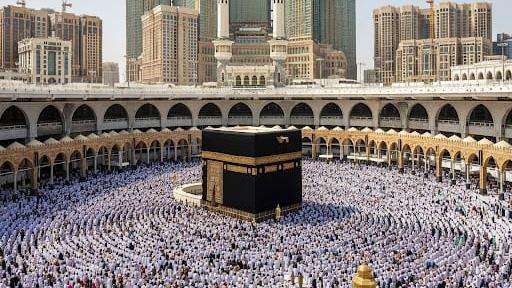
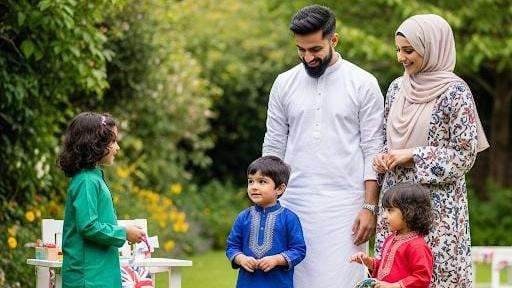
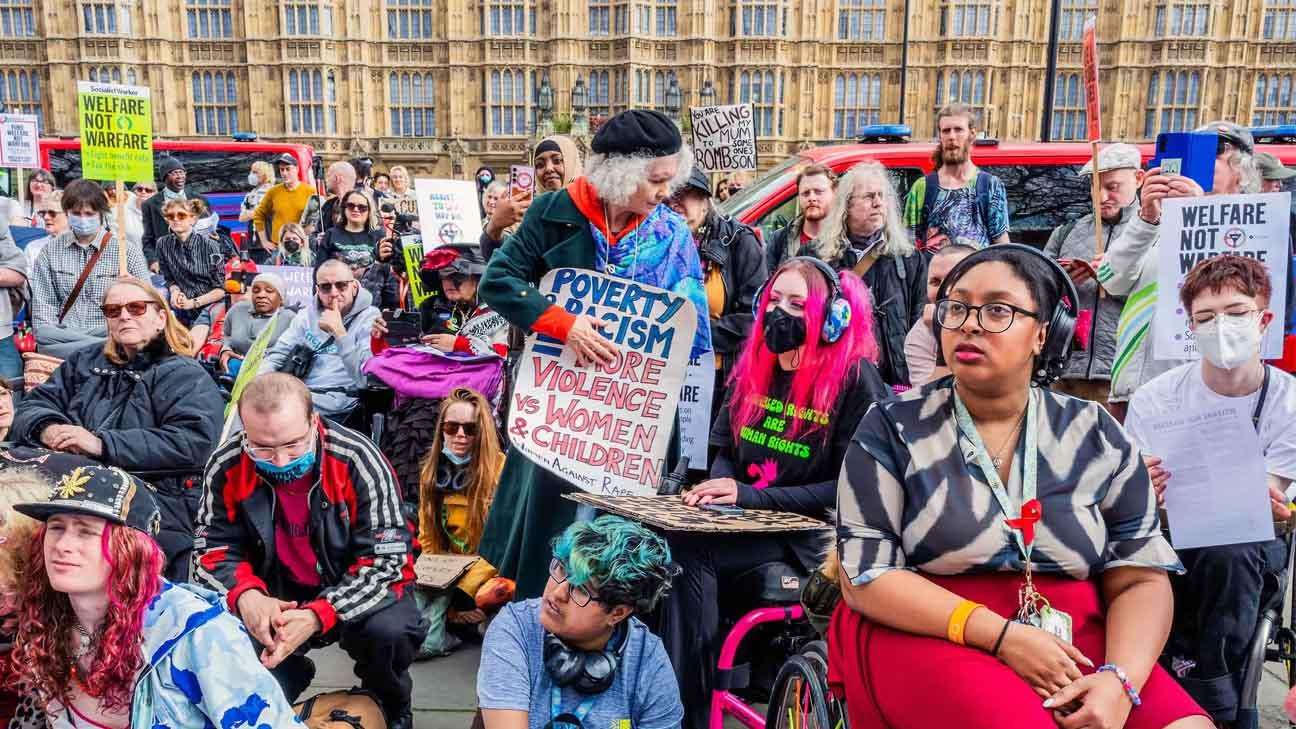
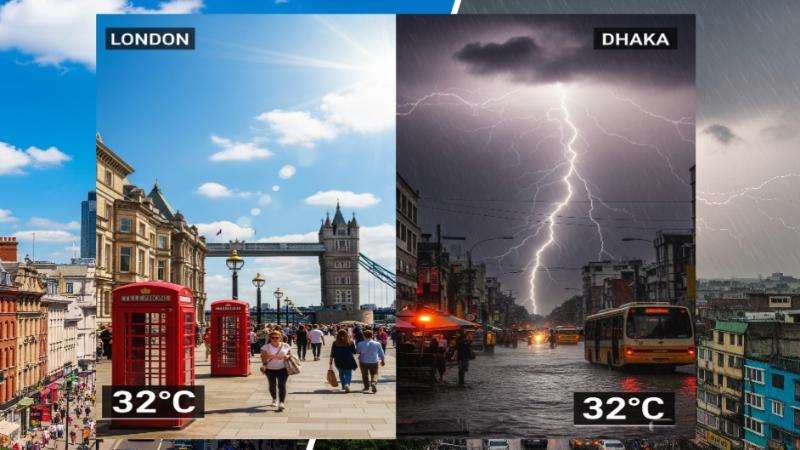


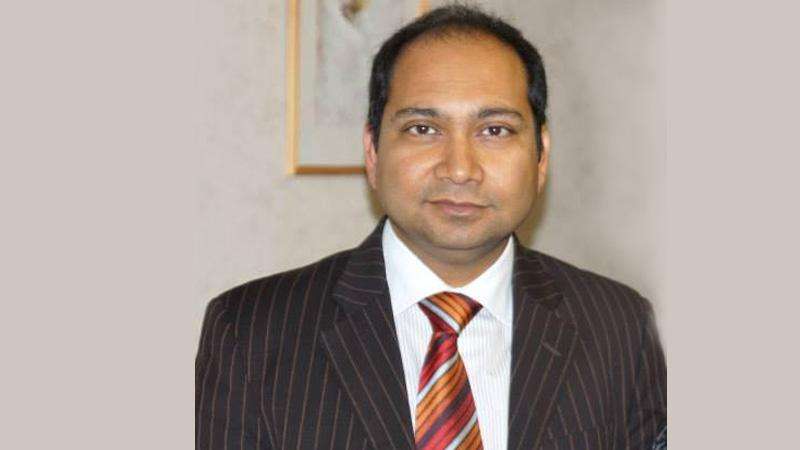
.svg)
